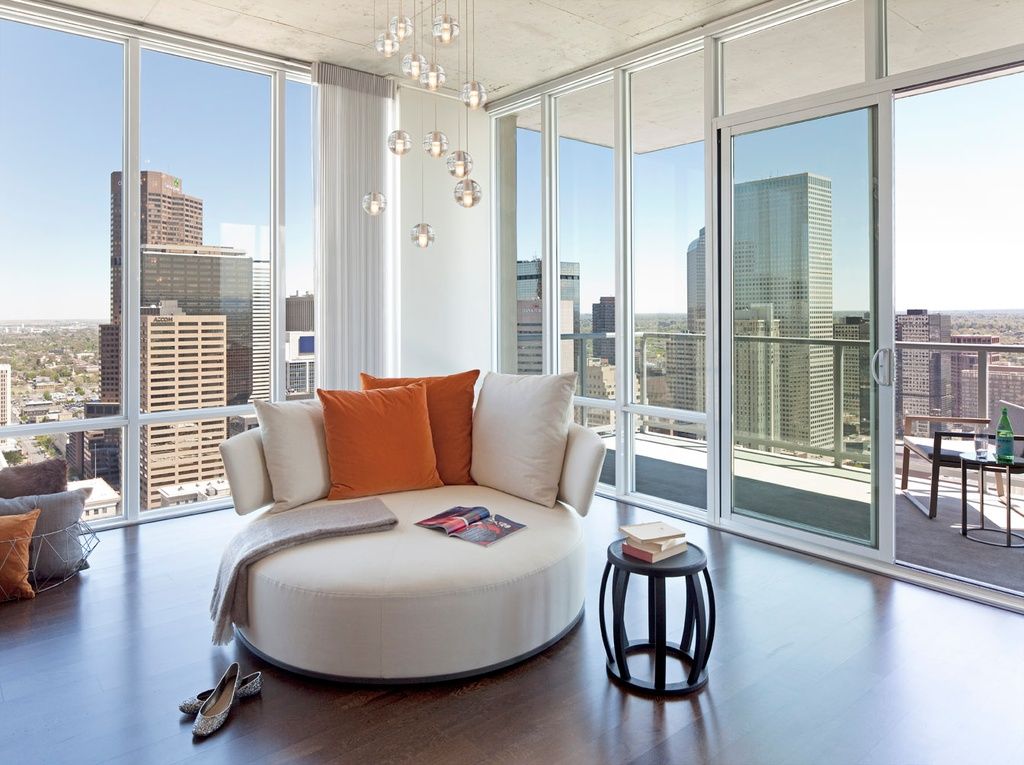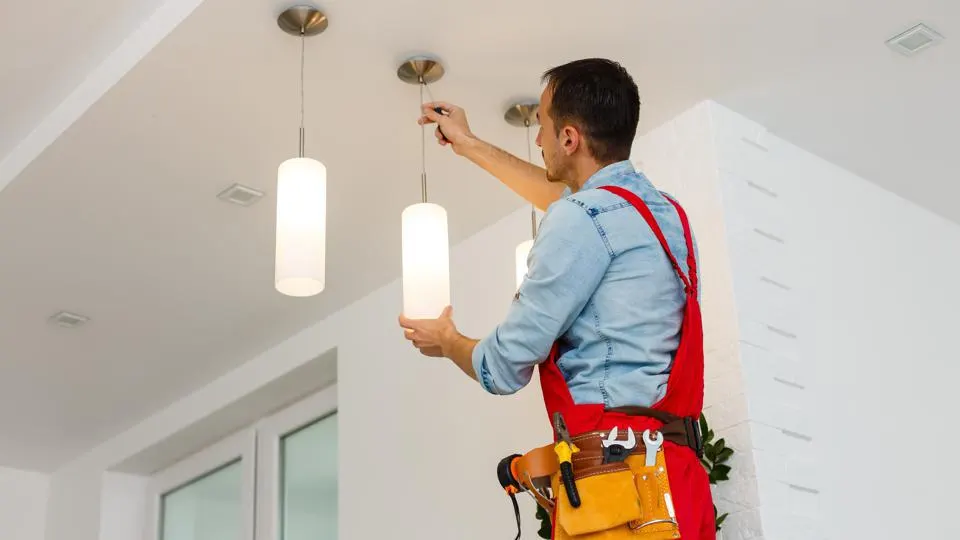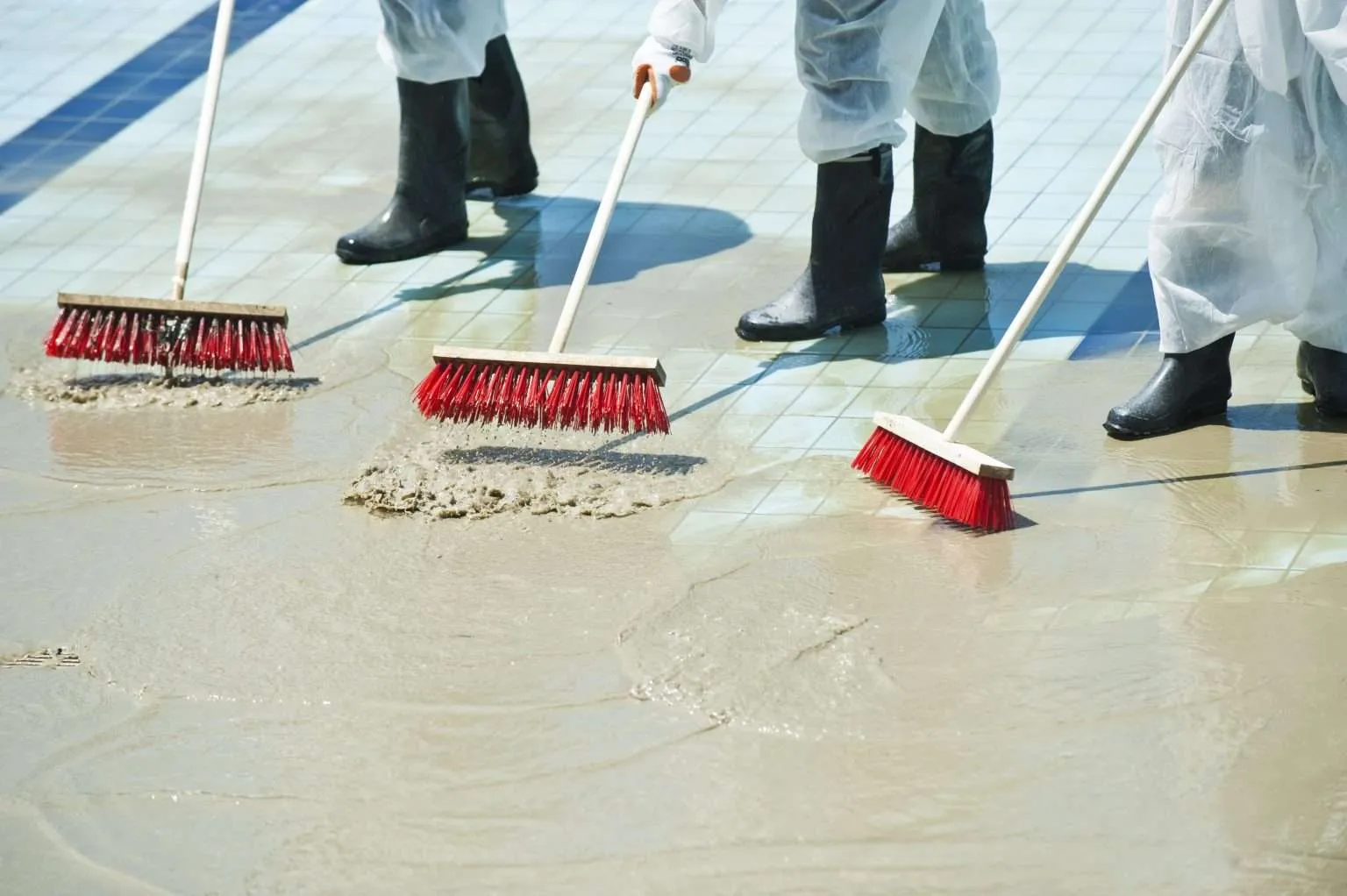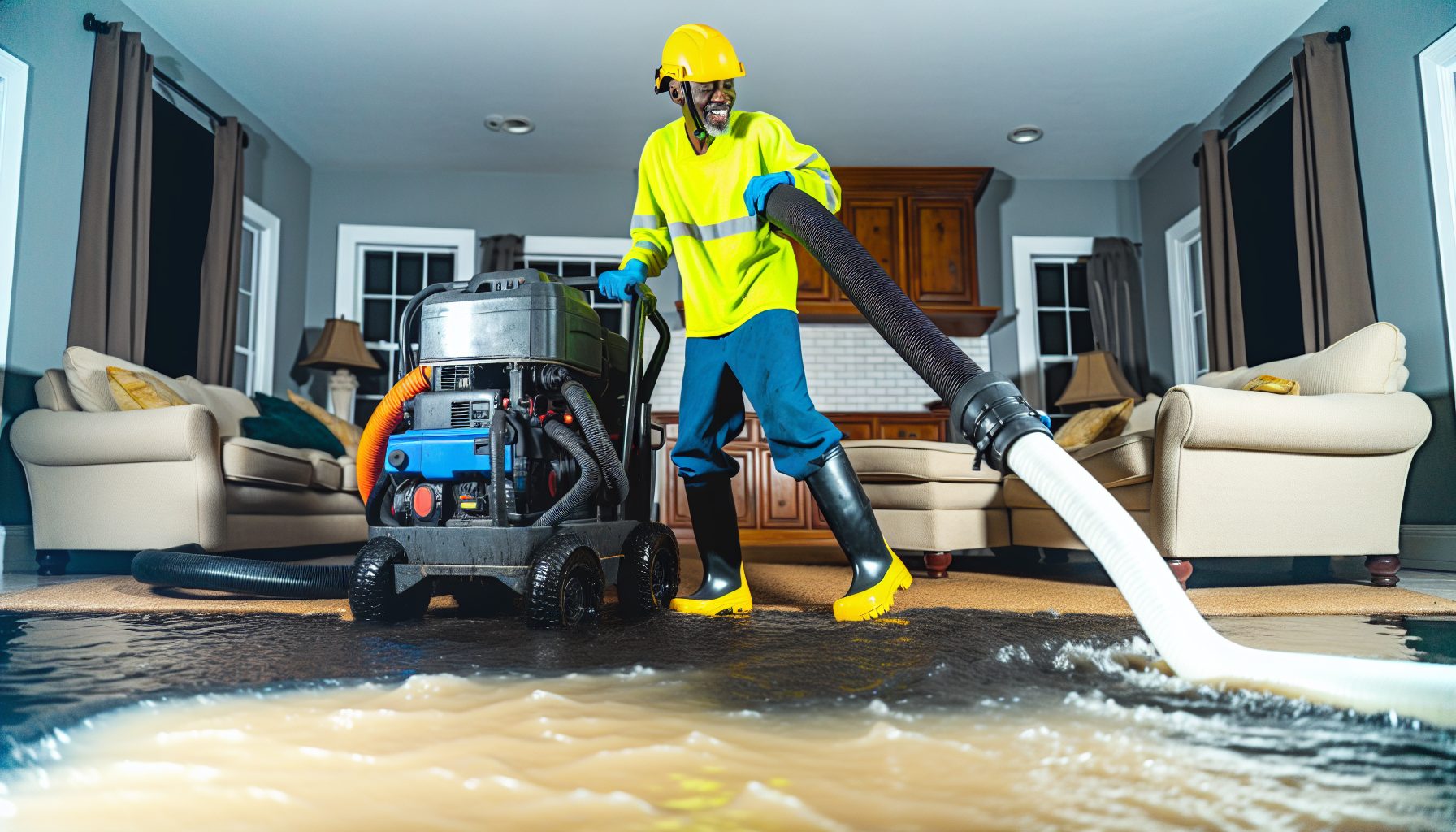You naturally want to maximize your return on investment when you sell your Home Improvements or move up the property ladder. Because of fluctuations in the housing market and areas coming into and out of ‘fashion,’ homeowners may not always have the good fortune of being able to simply list their property and wait for the bidding war to begin. The most common method used to add value to a property before it is sold is to renovate or upgrade elements in order to increase the recommended asking price. However, not all home improvement projects can offer the same return on investment, and some don’t justify the cost based on the low level of added value – or reduced value – that they can provide. Investing in your home can be a worthwhile investment, but knowing which improvements will boost its value the most is important. With insight from Jason Orme, Content Director for My Homebuilding, Real Homes, and Period Living Magazine, we’ve compiled a list of the best and worst Home Improvements, according to their ability to increase the value of your Home Improvements.
Modernizing your kitchen:
It could be argued that the kitchen is the heart of the home – no household would be able to function without one! As a result, it’s a top consideration for buyers interested in the property and valuation surveyors alike. Rather than spending a lot of money on a completely new setup, check whether you can make upgrades to your existing set up that will bring it up to date and refresh its appearance. All it takes to give it a facelift is to replace the worktops, sink, lighting or cupboard doors. Nonetheless, if you’re considering a complete remodel, consider factors such as storage and use of space, as practicality is key. Consider energy-efficient appliances as well. On average, a brand-new kitchen can cost you £6,300 and add 5% to the value of your home.
Home Improvements to the interior:
The interior design of your home may seem like a superficial consideration, but dated fixtures can deter buyers and decrease the property’s value. Having a recent kitchen or bathroom built-in is a huge selling point, but it doesn’t mean you need to do it up like a show home. Potential buyers will often look at the cleanliness of kitchens and bathrooms, so if possible and within budget, consider updating tired sanitaryware (budget bathroom suites can be purchased for less than £500). “Maybe replacing or improving an old work surface (with, say, a granite veneer over it) could make the property look better for relatively little money.
Optimization of space:
Making the most of the space you have is the key to getting a great price for your property. Wasted space is wasted money. Renovation of unused areas such as a cellar or loft can be a good alternative to building an extension. The ‘flow’ of your home can also be improved by knocking down walls between smaller reception rooms to open up the layout. Having a large kitchen-diner, for example, could be more attractive than having a separate smaller kitchen and dining room. According to Jason, adding space to an urban property, where space can be hard to find, is likely to be more appealing than adding space to a rural property, where there are usually larger homes to choose from. “Urban properties tend to benefit disproportionately from relatively small extension and remodeling projects (such as loft conversions) that can turn existing space into living quarters. Every inch counts, and it can make a huge difference to the enjoyment and value of a town or city home.”
A bedroom is lost Home Improvements:
Walls can be knocked down to make spacious living areas, but when it comes to bedrooms, this is a big no-no. The idea of combining two small bedrooms into one large room can be appealing when you’re living there yourself, but houses are valued largely based on the number of bedrooms, so you are essentially downgrading the property. The listing price is based on comparisons to similar homes that have sold in the same market, and the number of bedrooms is an important factor. An extra bedroom can add up to 15% to a property value[4], so removing one could result in an equivalent loss. Expanding the kitchen-dining area or adding another bedroom is usually a sure-fire way of boosting the property’s value. The positioning, materials used, and general planning of an extension can all have an impact on the property value of an extension. Before you begin any building project, you should also confirm whether you need planning permission
Construct a conservatory:
Conservatories are a much more affordable way to expand the floor space of your home compared to extensions, and they usually do not require planning permission. Despite this, they are dated and can be challenging to control the temperature. Furthermore, while the idea of relaxing in one on a sunny day is pretty nice, adding one to the house might only add half the value to it that adding an additional bedroom would. Making your house more energy-efficient can not only save you money while you live there, but it can also add value to it. The cost-savings associated with green energy solutions can certainly add to the appeal of a property, but the upkeep must be easy to maintain not to deter buyers.




